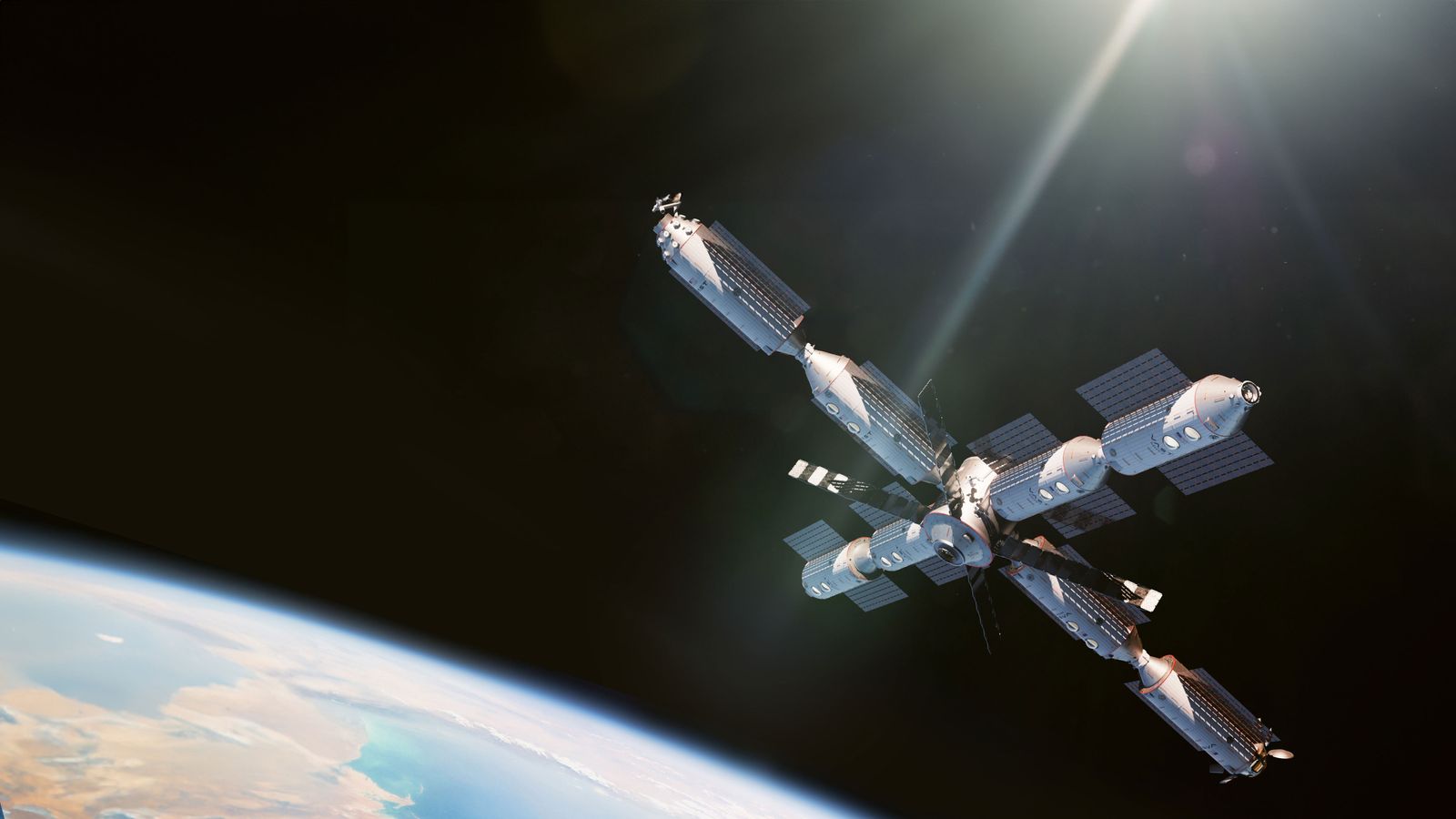
Known for his contributions to cryptocurrency, Jed McCaleb has shifted his focus to outer space with his company Vast Space. By exploring artificial gravity habitats and commercial space ventures, McCaleb is expanding his reach into industries shaping the future. His journey spans from blockchain innovation to the frontiers of space exploration.
A blockchain innovator
Jed McCaleb is widely recognized for his early involvement in the cryptocurrency world. In 2010, he reportedly created the website Mt. Gox, one of the first major Bitcoin exchanges. Although McCaleb sold the platform in 2011, before its notorious security breach, his early association with Bitcoin trading positioned him as a key figure in the industry.
Later, McCaleb co-founded Ripple Labs in 2012, a company behind XRP, a cryptocurrency designed for real-time cross-border payments. Reports indicate he received around 9 billion XRP tokens, some of which he sold over time, significantly contributing to his wealth.
After parting ways with Ripple in 2013, he founded the Stellar Development Foundation in 2014. Stellar focuses on improving financial inclusion by connecting financial institutions and reducing transaction costs, further solidifying McCaleb’s reputation as a blockchain innovator.
A shift to space exploration
In 2021, McCaleb founded Vast Space, reportedly using his wealth from cryptocurrency ventures to fund the aerospace company. Vast Space is focusing on developing low Earth orbit habitats, laying the groundwork for the development of artificial gravity stations. These innovations make long-term human habitation in space more feasible.
The company’s first project, Haven-1, is described as a single-module space station that can support up to four crew members for 30-day missions. The module is expected to be equipped with private living spaces, onboard Wi-Fi, and a large viewing dome for Earth observation.
Haven-1 is scheduled to launch aboard a SpaceX Falcon 9 rocket no earlier than August 2025, with a crewed mission facilitated by SpaceX’s Dragon spacecraft.
Following Haven-1, Vast plans to develop Haven-2, a larger, multi-modular space station with expanded laboratory and living facilities. Some view Haven-2 as a potential successor to the International Space Station, offering opportunities for international collaboration and scientific research.
Investments in space technology
Vast Space acquired Launcher in 2023, a propulsion and orbital transfer startup. Launcher’s technology, including the Orbiter space tug and E-2 rocket engine, could help Vast deploy and operate its space habitats.
This acquisition has been interpreted as a strategic move to enhance Vast Space’s ability to compete in the growing commercial space industry.
Collaborations and future goals
Vast Space has established agreements with NASA and the European Space Agency to explore potential partnerships in the development of next-generation space stations. The company plans to compete in the second phase of NASA’s Commercial Low Earth Orbit Destinations program with its proposed Haven-2 station. If successful, this initiative could secure critical funding and position Vast as a key player in advancing sustainable human habitation in space.
A visionary future
McCaleb’s ventures are often viewed as ambitious, from his blockchain projects to his efforts to develop artificial gravity habitats. His personal wealth, stemming from cryptocurrency ventures like Mt. Gox, Ripple, and Stellar, has enabled him to fund Vast Space’s projects and push the boundaries of space exploration.
As Haven-1 and Haven-2 progress, the role of artificial gravity in shaping the future of human space exploration remains a key area of interest.
FTC: We use income earning auto affiliate links. More.



Comments